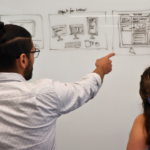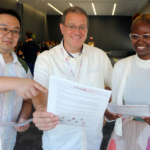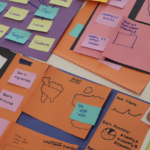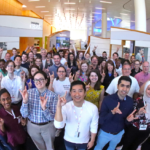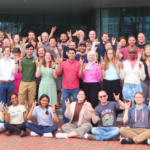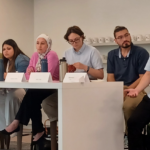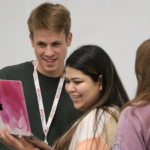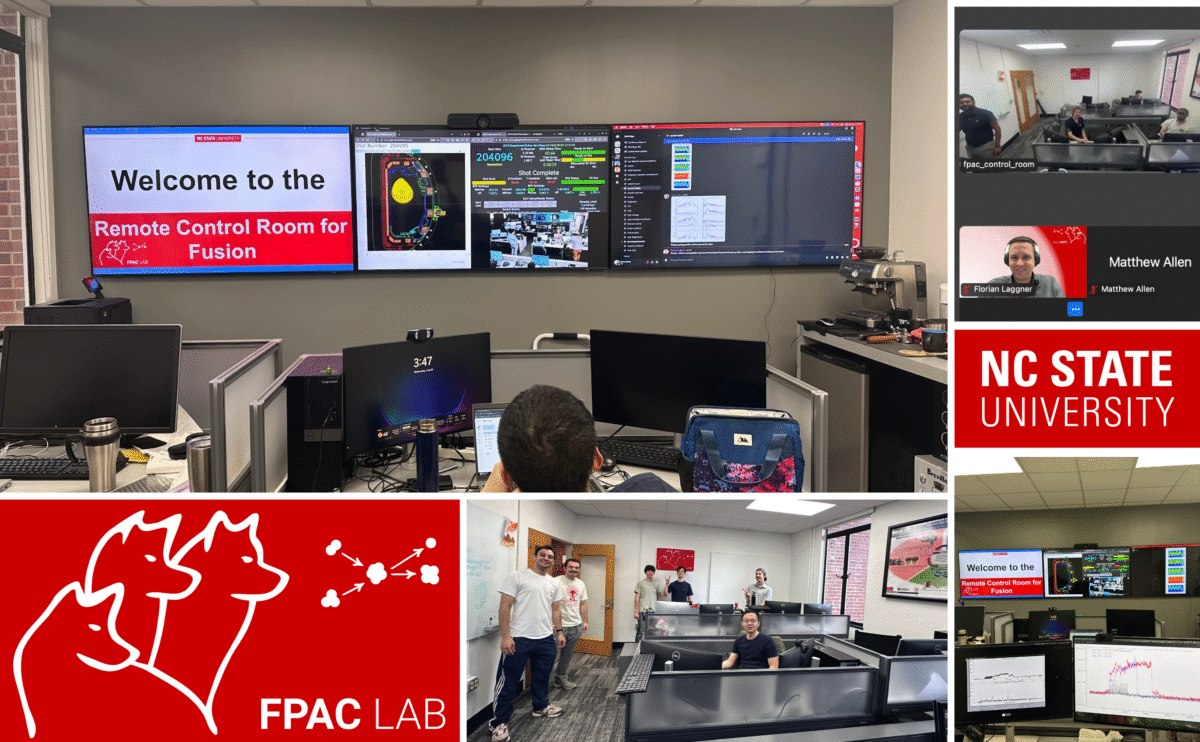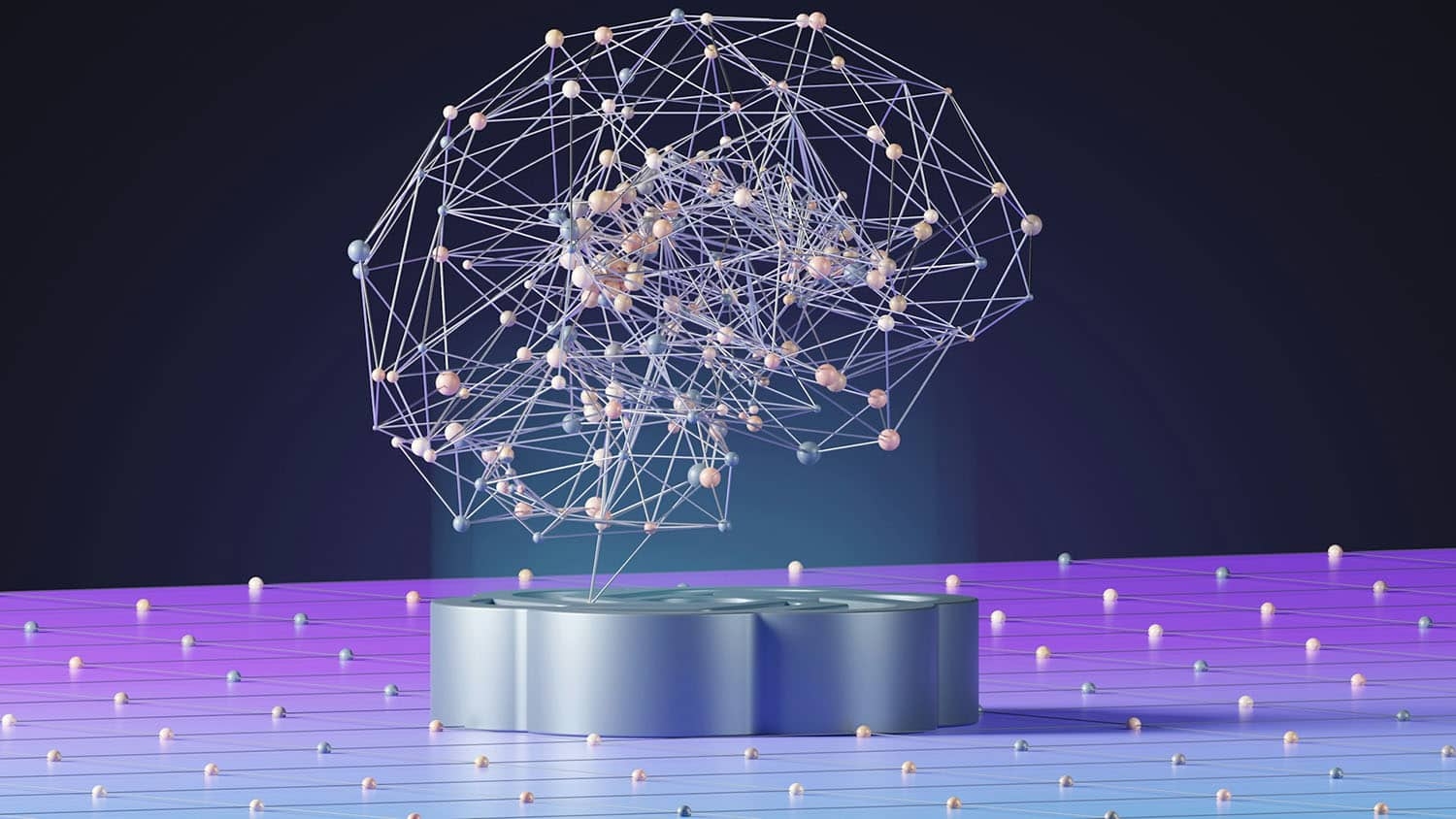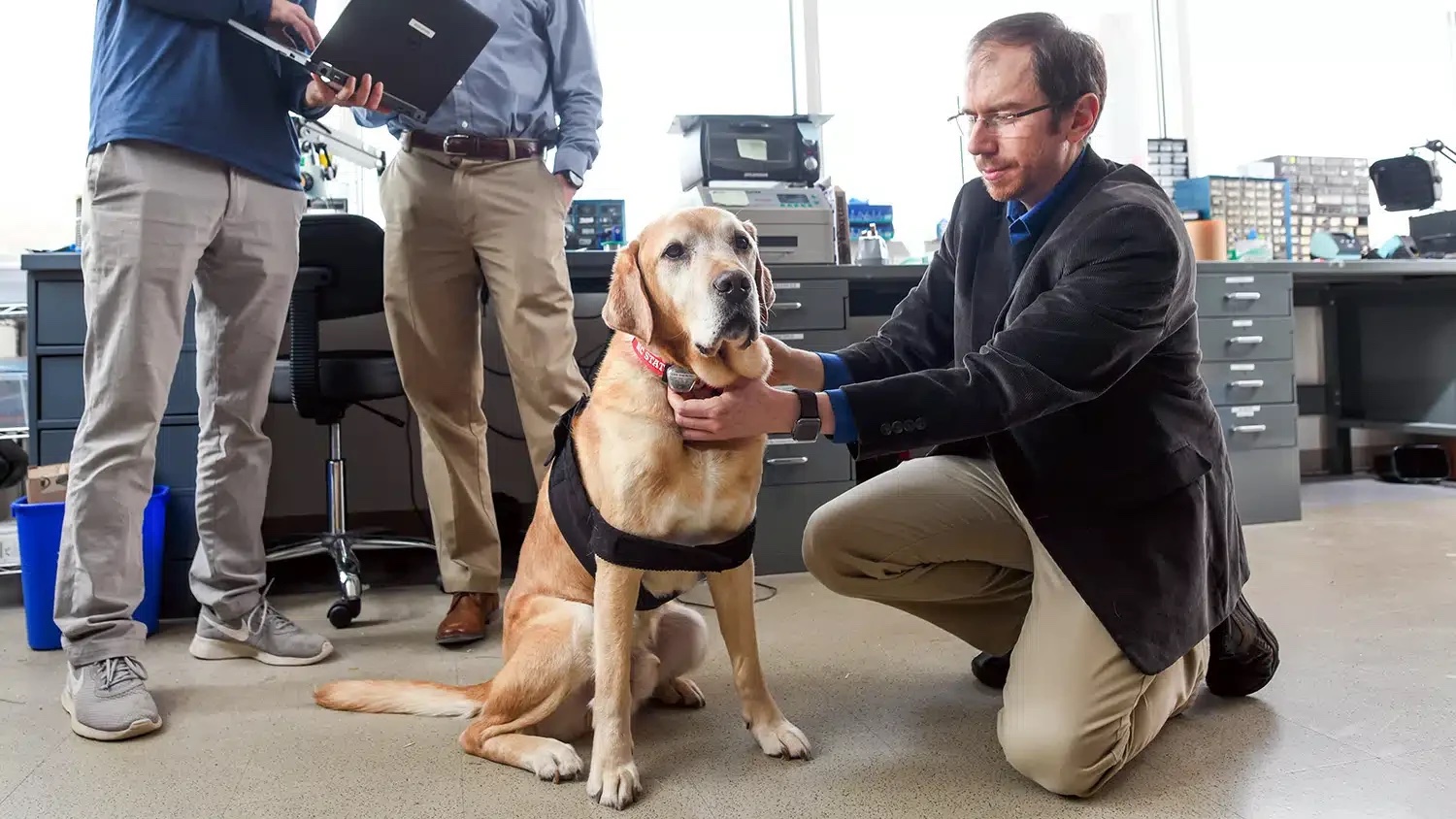Researchers at NC State’s Summer Conference on Applied Data Science are building AI prototypes that can create personalized reports for anyone working with intelligence.
When Susie B., a national security intelligence analyst, arrives at work each day, she logs into her desktop computer to see what’s new since she last checked. Like a detective, she has tons of data to sift through while looking for important clues, so time is of the essence.
“I want to open the TLDR and be able to quickly triage everything that is outstanding,” Susie says.
She’s talking about a tailored daily report, or TLDR, a tool that researchers at the Laboratory for Analytic Sciences’ Summer Conference on Applied Data Science are conceptualizing and building for knowledge workers. It’s a lot like the intelligence briefing that the intelligence community puts together for the president each day, but it uses artificial intelligence and machine learning so anyone who works with large quantities of information could benefit.
The TLDR would compile customized content from the different tools an analyst uses, like email, queries and reports. With everything in one place, analysts can better prioritize clues, summarize key points and provide recommendations for decision-makers. The interface must also be easy to use, and trustworthy.
“If analysts don’t understand and trust the AI, they won’t use it,” Susie says.

Now in its sophomore year, SCADS fosters a collaborative, interdisciplinary problem-solving environment. Fifty participants from academia, industry and government gathered this summer to address a grand challenge: generate tailored daily reports for knowledge workers that capture information relevant to their individual objectives and interests. The group focused on five related research areas. These included:
- Knowledge Representation,
- Recommender Systems,
- Automatic Summarization (audio, text or other types of data),
- Human-Computer Interaction; and
- Dataset Creation and Augmentation.
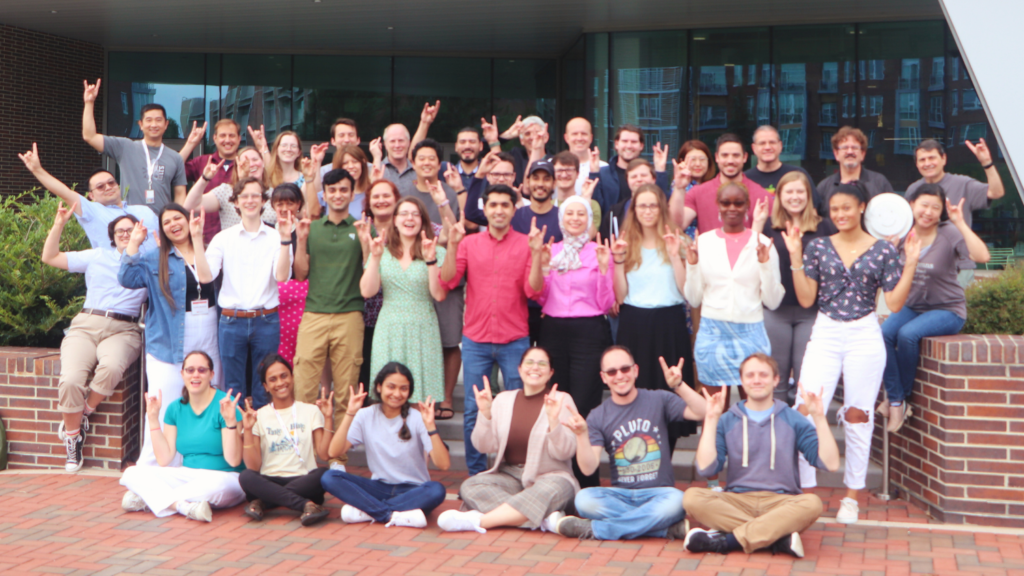
The conference was held for eight weeks in Fitts-Woolard Hall, the College of Engineering’s new state-of-the-art building on NC State’s Centennial Campus. With access to videoconferencing, an all-hands conference room, smaller classrooms with individual workspaces, and the Hunt Library next door, participants from different disciplines had a variety of spaces for easy collaboration or focused work.
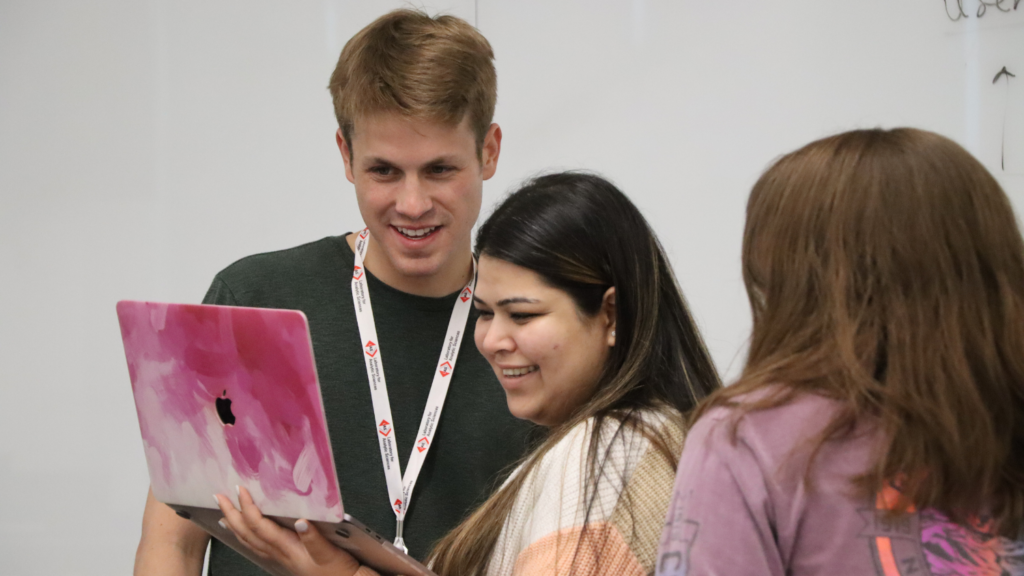
Participants were excited about the diversity of this year’s group. They were from
- 4 companies;
- 12 universities;
- government departments including the U.S. Army, FBI and National Security Agency.
Most of the academic participants specialized in STEM-focused and tech-adjacent fields, like the human aspect of technology and human factors engineering. Participants worked in small groups and met as a large group twice a week to share progress and ask questions. Guest speakers currently or formerly affiliated with Adobe, Pacific Northwest National Laboratory, UNC School of Information and Library Science, and the NSA presented research and led workshops for attendees.
While working on a grand challenge, cross-sector collaboration can come with its own challenges. Government participants must learn to talk about their needs in an unclassified environment. In turn, academic and industry participants learn the importance of being able to have technical conversations in plain language.
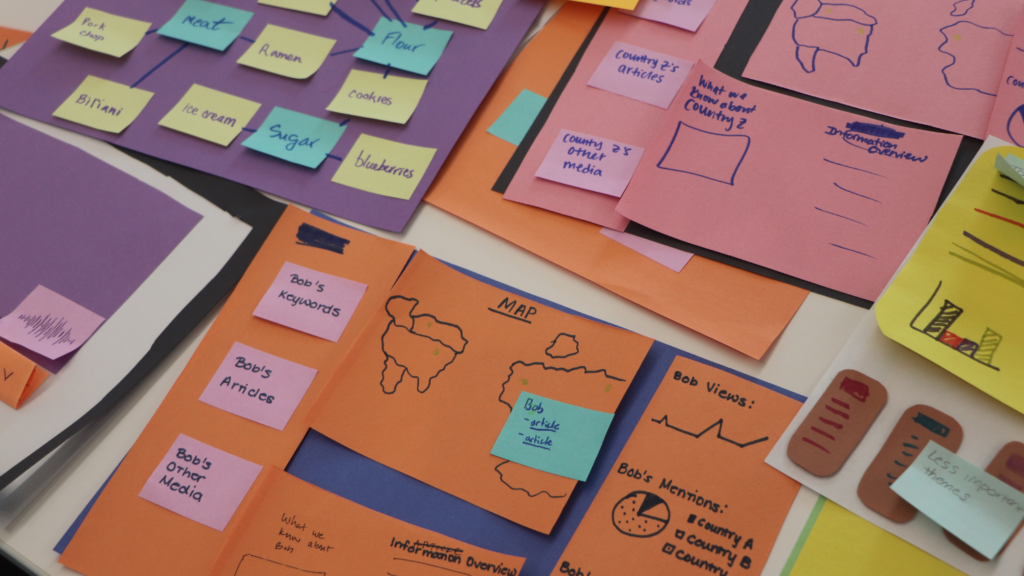
SCADS participants are required to produce deliverables and present their group’s findings on the final day of SCADS. Deliverables included research papers, software prototypes, and documentation of research and software code.
After time away from her desk, a TLDR that summarizes new intelligence and recommends next steps could save time for analysts like Susie B. For example, if the TLDR knows she’s writing a report, it could make sure she follows the process correctly.
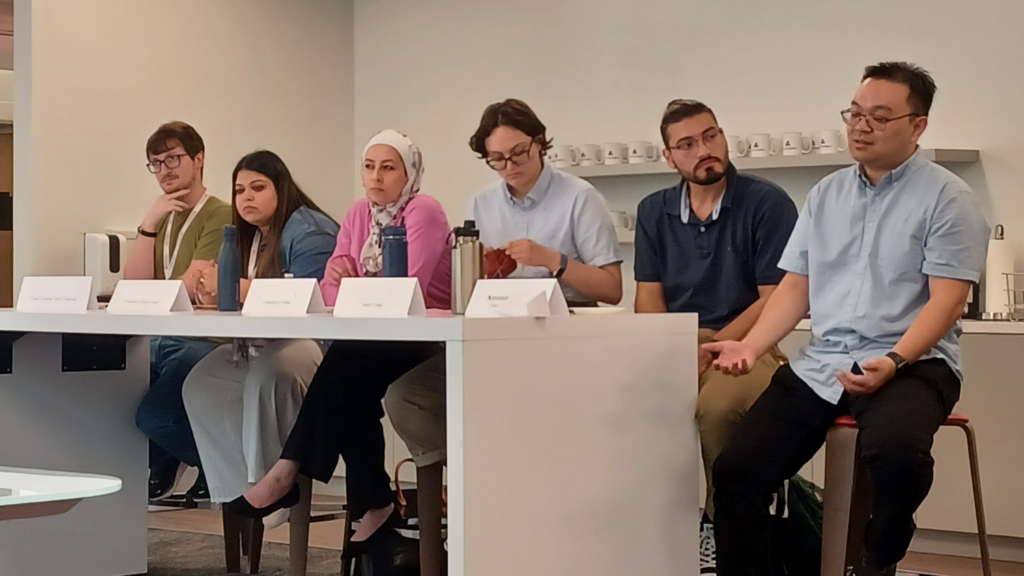
“I already open six to seven [tools] and decide where to start. If the TLDR can present me with what I need to start with that morning, that would be useful,” she says. “It could be something like, ‘The query you ran yesterday is ready! Take a look at the results.’”
LAS welcomed SCADS 2023 participants from the following universities and companies: Cymantix, DataCrunch Lab, East Carolina University, Elemendar, Fayetteville State University, North Carolina State University, Penn State University, Smith College, United States Military Academy West Point, University of Colorado Colorado Springs, University of Florida, University of Massachusetts Lowell, University of North Carolina at Chapel Hill, University of Rhode Island, and Washington University in St. Louis.
Applications for next year’s conference will open in early 2024. Visit ncsu-las.org/scads for more information.
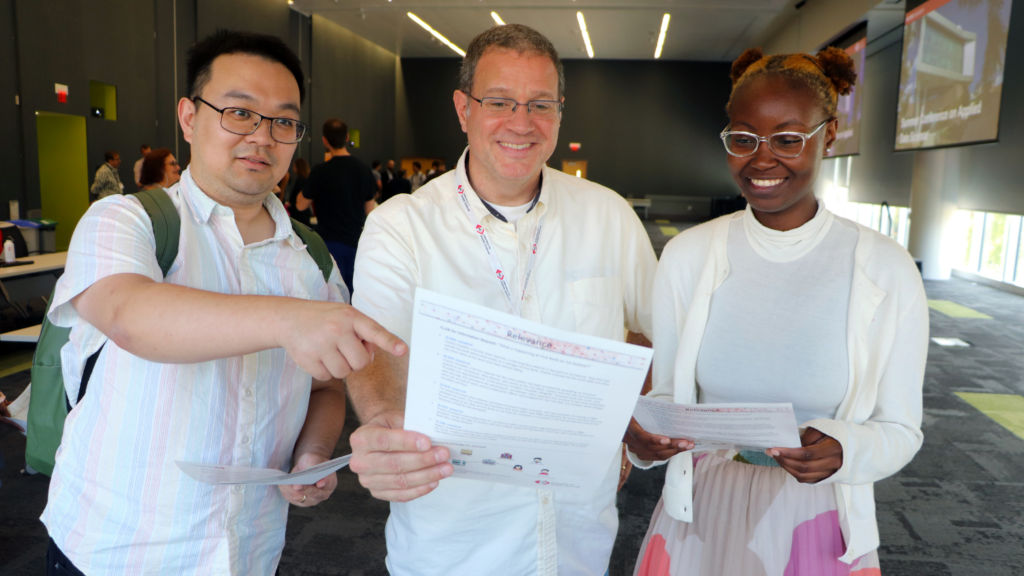
This post was originally published in Laboratory for Analytic Sciences.
- Categories:

